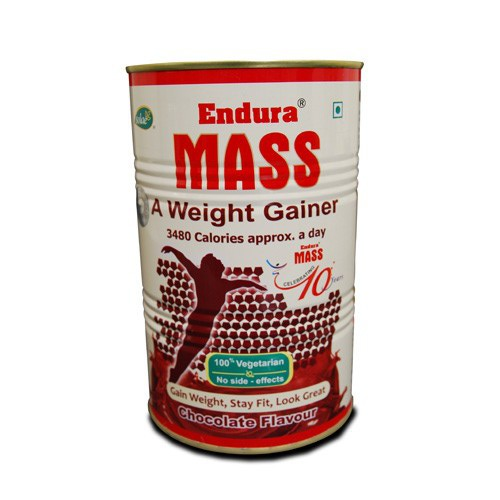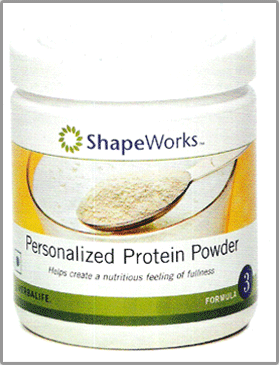Lactose: How Much
Whole milk: Whole milk typically contains around 4.8 grams of lactose per 100 grams (3.5 ounces).
Skim milk: Skim milk has a slightly higher lactose content than whole milk, with around 5 grams of lactose per 100 grams (3.5 ounces).
Reduced-fat milk: Reduced-fat milk falls somewhere between whole milk and skim milk in terms of lactose content, with around 4.9 grams of lactose per 100 grams (3.5 ounces).
Yogurt: Yogurt contains less lactose than milk due to the fermentation process. The lactose content of yogurt can vary depending on the type of yogurt, but it typically ranges from 2.5 to 4 grams of lactose per 100 grams (3.5 ounces).
Cheese: Cheese contains very little lactose, as most of the lactose is removed during the cheese-making process. The lactose content of cheese can vary depending on the type of cheese, but it is typically less than 1 gram of lactose per 100 grams (3.5 ounces).
Ice cream: Ice cream contains a lower lactose content than milk, as the lactose is partially broken down during the freezing process. The lactose content of ice cream can vary depending on the type of ice cream, but it typically ranges from 1 to 3 grams of lactose per 100 grams (3.5 ounces).
It's important to note that the lactose content of dairy products can also be affected by factors such as the type of animal, its diet, and the specific processing conditions.
-
Training/Cooking
QuestionQUESTION: Hey man! I have a question regarding cooking. I
-
nutrition and health
Questioni know some foods are not very nutritious, like eating a
-
omega 3&6
Questiona while ago, i told a VA doctor i wanted to start taking
-
Nutritional Information
QuestionHi there. I am about 30-40 pounds overweight.
-
mal nutrician
Questionmy husband suffers a brain injury from a motorcycle accid
-
nutritional question
QuestionQUESTION: Dear Dan, I was told these 7 elements are impo



